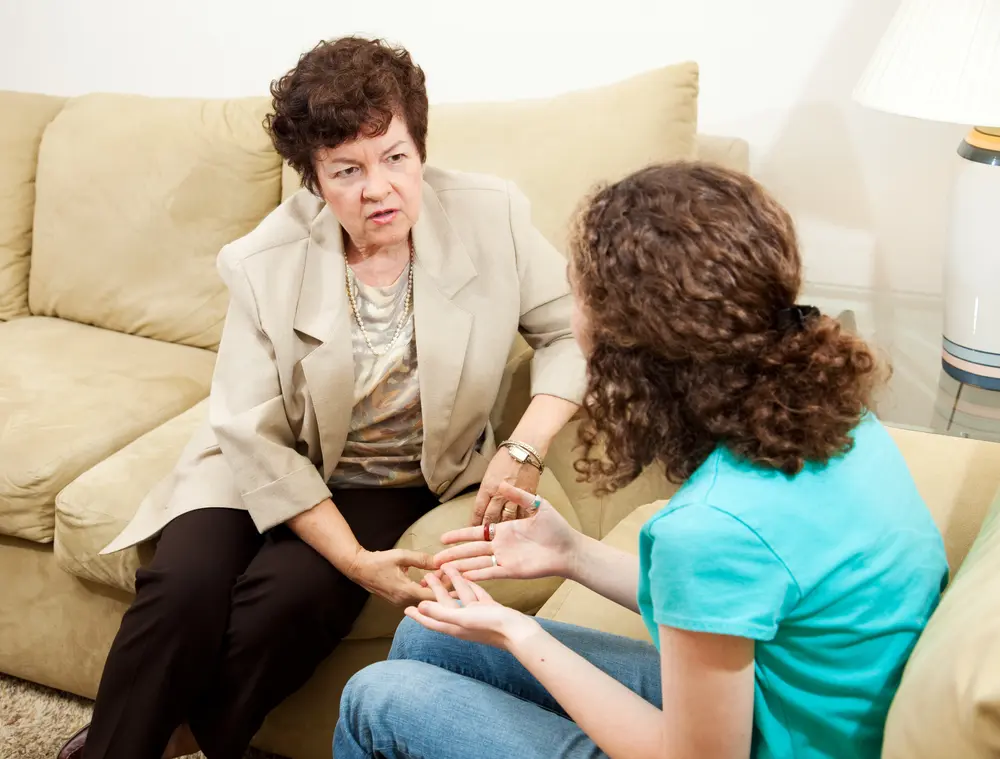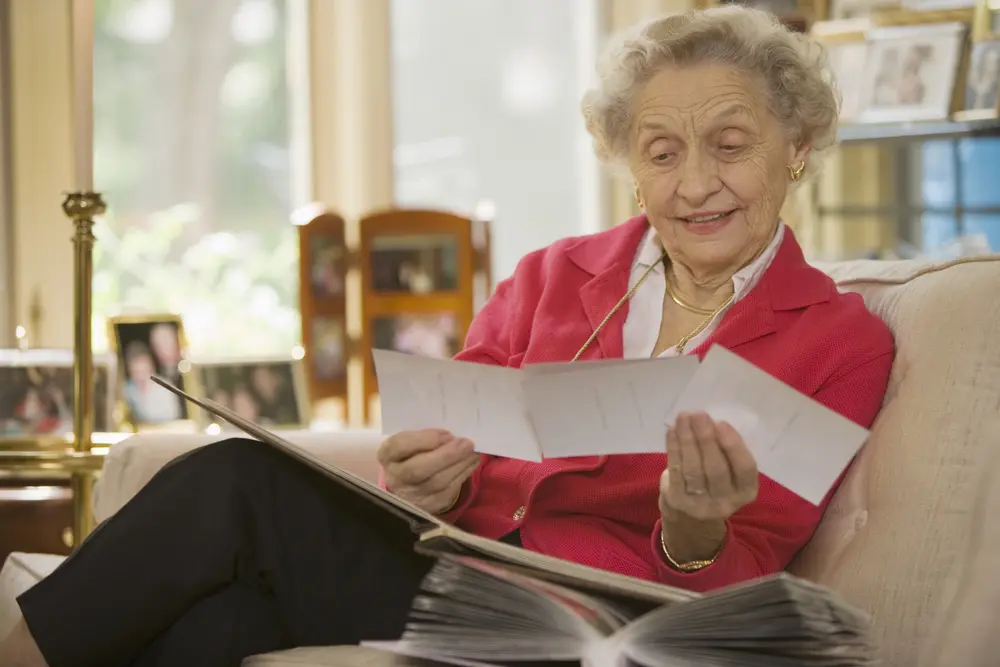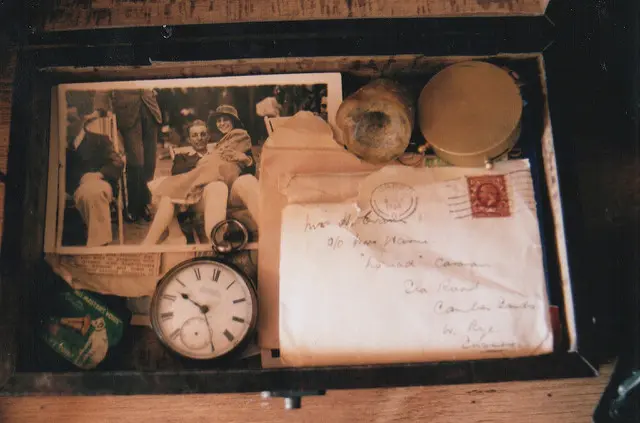Nationwide charity Age UK, who champion the care and support of older adults, have approved the training programme The Good Care Group delivers to its professional carers. The training programme, which has been devised by experienced in-house trainers and care
...Tag: Training and support
Training and support









